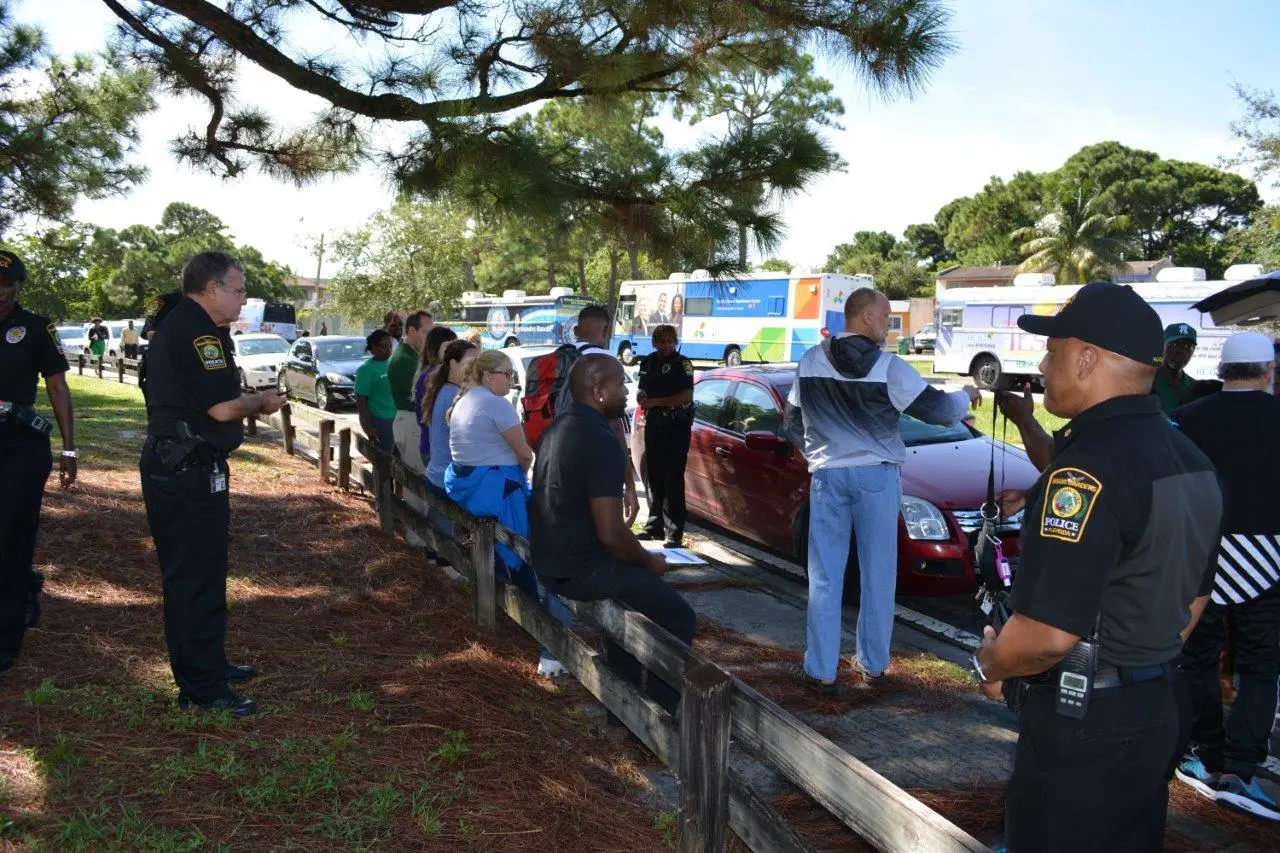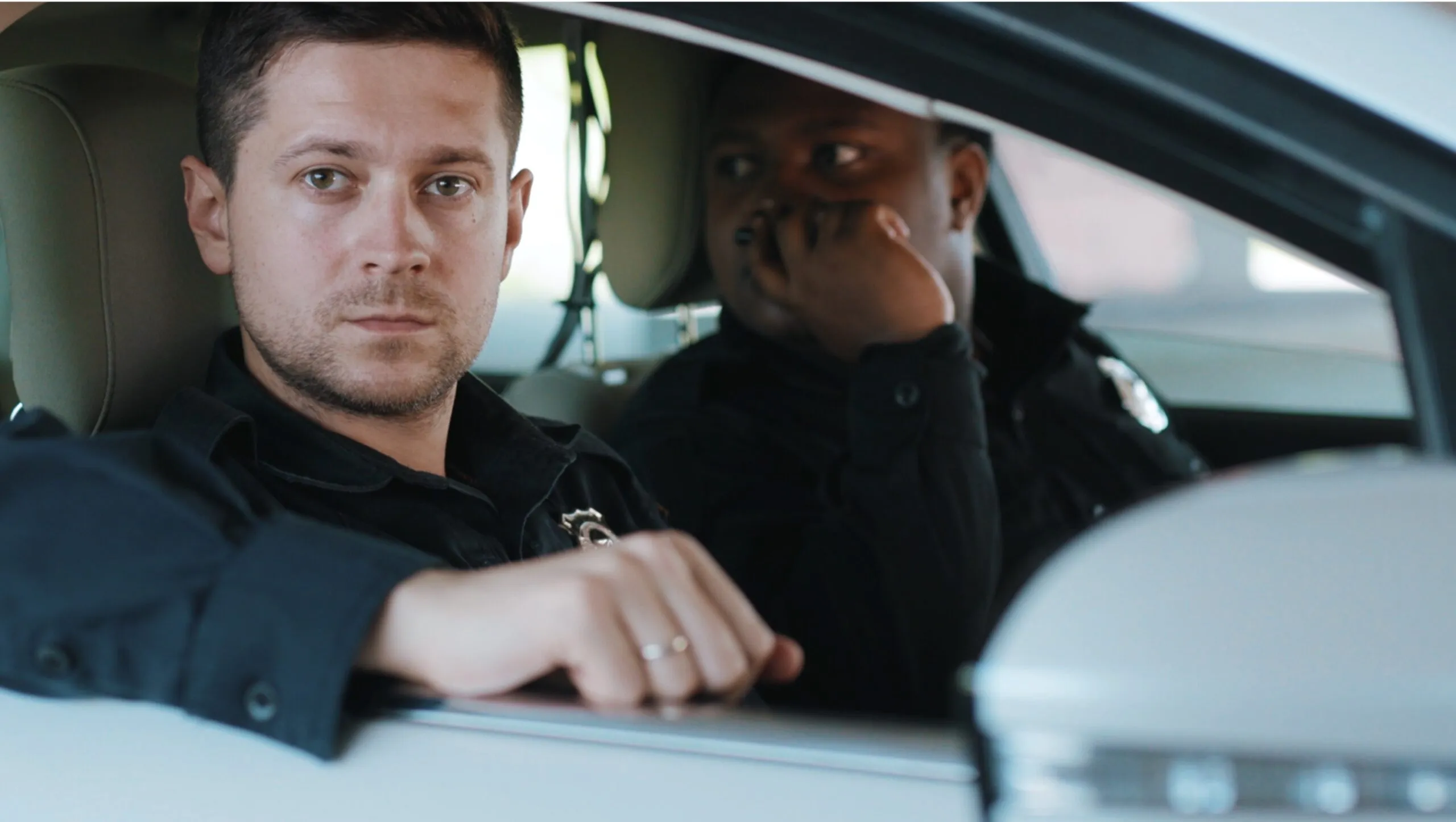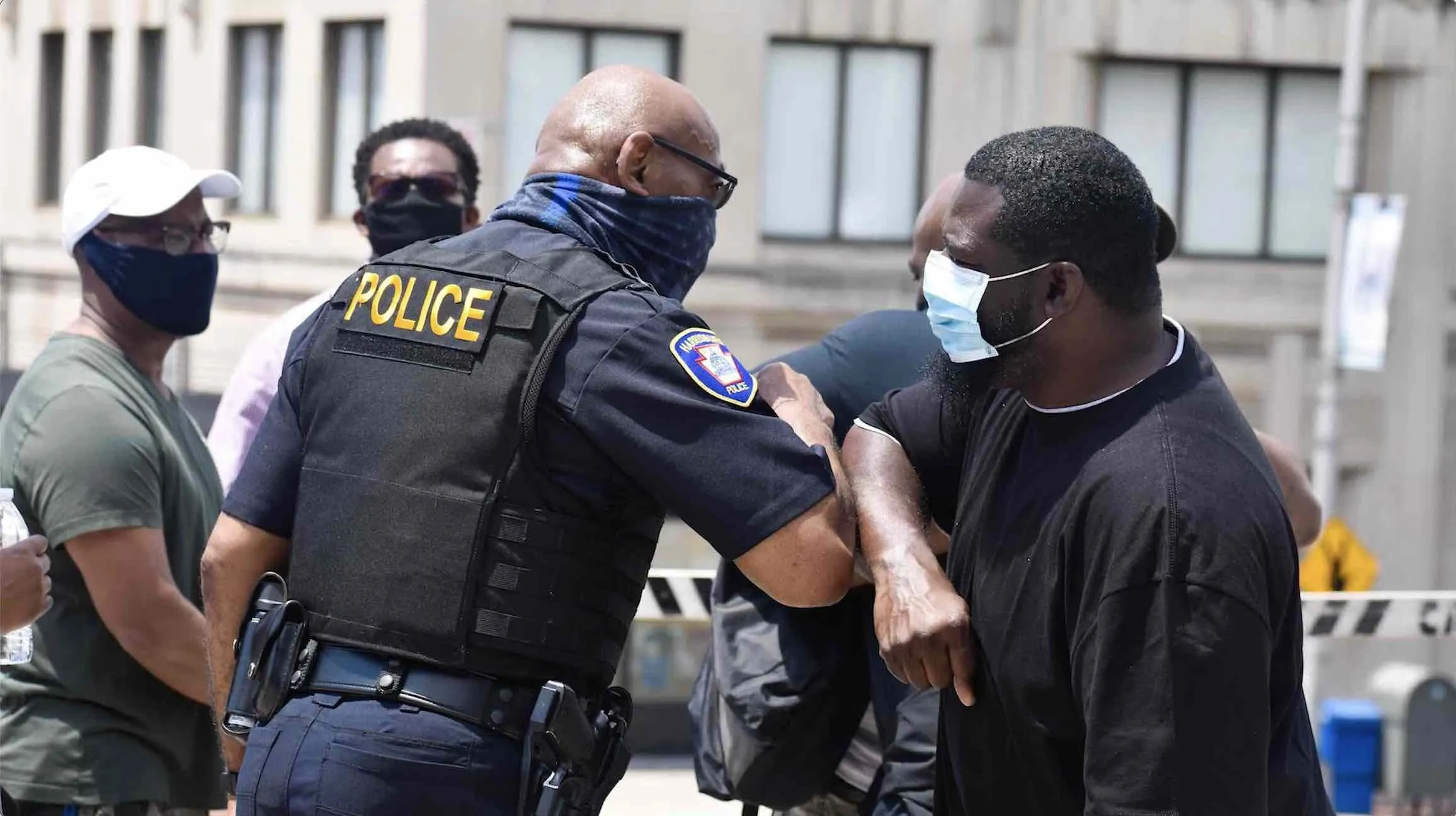Ultimately, serving the community and treating citizens in a just manner is the standard that all police officers should adhere to. But with this said, we are well aware that even the word justice is highly charged, given that many citizens in communities around the country (and the world) have seen others being treated unfairly during interactions with law enforcement. So, what’s the solution? This is a complex question, to be sure, and while the answer is equally complex (and certainly exceeding the scope of this blog) we’d like to discuss one critical element, which is the concept of procedural justice. At a high level, procedural justice speaks to the idea of fair processes, and how people’s perception of fairness is strongly impacted by the quality of their experiences and not only the end result of these experiences.
In a real-world law enforcement context, we can think of the concept of procedural justice as a type of framework or methodology that police officers can apply in their day-to-day interactions with citizens, with the goal of building trust with the community and working in partnership to prevent crime.
In this blog, we will discuss the four core principles of procedural justice in more detail, why they are important, and how implementing this approach ultimately keeps communities safer.
The Four Core Principles
The whitepaper “Precision Policing 2.0: A Framework for the Future of Policing” defines the four core principles of procedural justice as 1) treating citizens with dignity and respect 2) displaying trustworthy motives 3) making unbiased decisions and 4) giving citizens an opportunity to express their views. Let’s review each of these in more detail.
#1. Treating Citizens with Dignity and Respect
This principle is fairly straightforward, in that it advocates for showing regard for the feelings, wishes, rights, or traditions of others. It is important to remember that citizens’ views of the police can be negatively shaped by the experiences of friends, family, or in the media, which makes it all the more important to approach community interactions with empathy.
#2. Display Trustworthy Motives
When taking some sort of action, make sure that the action is justified (ie. evidence-based policing) and be forthright as to why the action is being taken. For example, if there has been a rash of burglaries in a neighborhood and you increase traffic enforcement in the neighborhood, explain to people who are being stopped, the reason for the increased enforcement. In this manner, you’re more likely to have positive engagement with the community members and hopefully a greater level of trust and collaboration.
#3. Making Unbiased Decisions
Implicit bias is unfortunately a reality of the human condition and while studies on the impact of training to control implicit bias remain inconclusive at best, its existence can be mitigated by leveraging data and evidence-based research to guide decisions. This requires recognition of the problem, intentionality in using the best available data and research, and continuous assessment of how these decisions are being perceived by the communities we serve.
#4. Giving Citizens an Opportunity to Express Their Views
This is an important principle that ties directly into treating citizens with dignity and respect—community members are far more likely to have better interactions with a law enforcement officer if they are given a chance to express themselves without concern of being interrupted or otherwise dismissed.
The Importance of Procedural Justice
There is already a fair amount of data that demonstrates the value of employing procedural justice principles. This includes:
- Enhancing citizens’ perceptions of police legitimacy: Research shows that when communities view police authority as legitimate, they are more likely to cooperate with police and obey the law.
- Better police-community relations: The efficacy of de-escalation training, working in tandem with procedural justice principles, is starting to gain greater traction in the law enforcement space. After observing an internally developed training in Tempe, Arizona, Dr. Mike White and colleagues reported that officers were “less likely to use a condescending/patronizing tone with the citizen; more likely to attempt to build rapport with the citizen, and more likely to resolve an encounter informally.” Another study found that officers who underwent communication training were more “respectful, reassuring, and less likely to use force or make arrests compared to officers who did not participate.”
- Reduces the likelihood of use of force: Original research indicates procedural justice training reduces the frequency of use of force incidents. According to the Precision Policing 2.0 whitepaper: “When procedural justice training was implemented at the Chicago Police Department (CPD), citizen complaints were reduced by 10 percent and use of force incidents were reduced by 6.4 percent… Officers in the Seattle Police Department (SPD) who participated in procedural justice training were less likely to be involved in use of force incidents than those who did not receive the training… Others have found that procedural justice training can result in higher quality interactions with citizens.”
How SoundThinking™ Can Help
SoundThinking understands that police-community relationships can be thought of as a social contract. Our SafetySmart™ Platform is highly data-driven and includes community protections and engagement opportunities to help improve police-community relations. We believe that when law enforcement agencies leverage an evidence-based policing approach and incorporate the core principles of procedural justice in their day-to-day interactions, everyone wins.





